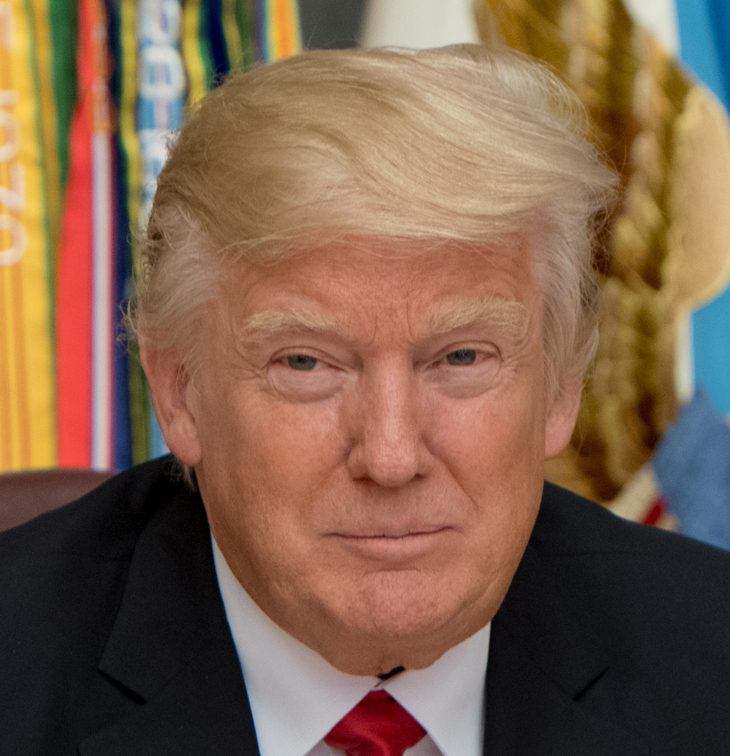BY WALTER ELLIOTT
NEW YORK CITY – Donald J. Trump may be interviewed by a New York State Probation officer – and his lawyers filing an appeal of his May 30 conviction of falsifying business records in autumn 2016 – when you read this.
How the real estate baron/media personality/45th President of the United States answers the pre-sentencing questions asked by the probation officer may affect what sentence New York Supreme Court Justice Juan Merchan hands down on him July 11. Judge Merchan has also set a June 12 deadline on Trump’s lawyers to file an appeal.
June 12 is 15 days before Trump and President Joseph Biden are to hold their first Presidential debate. July 11 is three days before the Republican National Convention – and Trump’s presumptive nomination as their Presidential candidate.
The former President may well add to their contention that the six-week trial in Lower Manhattan is “a sham” perpetrated by President Biden’s administration for political purposes. His lawyers may appeal on the basis that the trial should have been held elsewhere in New York and that Judge Merchan was biased against him.
People may remember where they were at or around 5:05 p.m. May 31, when the jury foreman announced that the jury had found Trump guilty on all 34 counts of filing false documents in furtherance of conducting illegal activity.
The deliberating jury was into their 11th hour over two days when Judge Merchan, at 4 p.m. told the legal parties and press that he was going to dismiss the jury for the weekend at 4:30 p.m. He reappeared at 4:32 p.m. by the foreman that the jury had reached a verdict; they needed 30 minutes to fill out their verdict forms.
Judge Merchan, having read the jury’s paperwork, ordered everyone back to his courtroom just after 5 p.m. The judge had asked the foreman to read the verdict of each count of felony issuing false business records in the first degree: 11 each for invoices and checks drawn from Trump’s personal account and the other 12 vouchers from Trump’s personal account.
What Trump was found guilty of was reimbursing his then-lawyer Michael Cohen’s payments to adult film actress Stormy Daniels, a then-Playboy playmate and a third woman whose claims were later unfounded as “legal expenses” 2016-17 Cohen had paid them up to $130,000 to keep the three women’s allegations that they had sexual encounters with Trump from going to the “National Enquirer” or other media before the November 2016 General Election.
New York State prosecutors, headed by District Attorney Alvin Bragg, had proven to the 12 jurors that the misdemeanor counts of false business statements were elevated to felonies in the furtherance of another crime; obstructing the course of a federal election.
Trump’s attorneys tried to depict him as making the “hush money” payments so that his wife would not know of his trysts and not trying to quiet accusations of sexist behavior in the 2016 election’s homestretch. While two of Trump’s sons and selected guests were present in the gallery during the trial neither wife/First Lady Melania nor daughter Ivanka were present.
Judge Merchan, before discharging the jury, told Trump that he was free to leave on his own recognizance. The judge had placed a gag order on the defendant lest he disparaged jurors or incite violence against them or other court officers or their relatives. He had fined Trump $10,000 for 10 counts of gag order violations and had warned the reputed billionaire that he could jail him for contempt of court.
So Trump left the courtroom on his own after 5:35 p.m., to the nearby Trump Tower, a June 1 press conference and a visit to a monster truck show. Do not expect Trump to be led out of court in handcuffs any time soon, if ever.
Judge Merchan has the power to imprison Trump on the basis of up to four years per count for a maximum 20 years for all counts plus levying fines. There may be some legal and practical reasons that Trump will not go behind bars.
First, the judge and probation has to take into account that Trump is a first-time felon; his other convictions were in civil court. He may be put on probation (think ankle bracelets and regular visits with his probation officer) or home arrest.
Second, the penalty may be held up pending appeal. Trump has had a 50-year habit of seeking dismissals or filing appeals in the hope of dragging out legal issues for as long as he can.
Observers believe that Trump will want to drag out this trial, the pending Georgia election interference cases and the two federal cases for absconding with top secret documents and causing a riot on Jan. 6, 2021 beyond the Nov. 5 General Election. Trump, should he be elected, can tell his new attorney general to kill the federal trails – but cannot stop state trials.
Third, Trump’s Secret Service detail would also be doing jail time.
There are other questions pertaining to Trump should he lose his New York appeals and retains the distinction of being the first President – former or sitting – convicted as a felon.
Most Florida residents, like Trump, would lose their voting rights as a convicted felon – but in Florida. He can still vote from Mar-a-Lago unless he is jailed in New York on or around Nov. 5.
Should Trump be elected as the 47th President – and while as a felon – that presents some other issues.
Convicted felons normally will not have access to top secret documents, which would hinder Trump from carrying out international and/or national security duties. Can a President be placed under house arrest – at 1600 Pennsylvania Ave.?
“Where Were You When Trump Was Convicted?” given these and other permutations, may or may not have the permanence of other “Where Were You When?” dates in national history. May 30, 2024, for now, is noted for its uniqueness.


